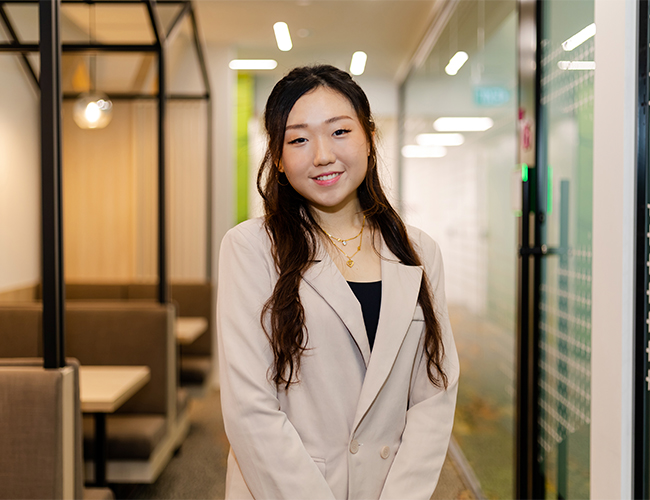
“I strongly feel that youths who are joining the workforce should focus on crucial skills like being adaptable and cultivating soft skills. As much as academic grades are crucial, soft skills such as being able to communicate effectively, managing people and critical thinking skills are equally important. Often, these soft skills are much harder to master compared to hard skills. Adaptability to the VUCA (volatile, uncertain, complex, and ambiguous) world and being able to transform one’s skills and assimilate into diverse work cultures are high in demand in our society now.”
“Universities and educational institutions can extend the bridge of classroom learning to the working world through case competitions, industrial-affiliated projects and internship stints for students to gain experiences. Early exposure to these soft skills can help youths better assimilate and adapt to the workforce. Youths must do their part to be proactive and build their portfolio of soft skills. Adaptability can be harnessed through practice and exposure.”
- Yap Li Sing, Daphne, SSG-WSG Joint Undergraduate Scholar

“I feel that it’s important for young people to be comfortable with working in areas that they aren’t familiar with. There will be many things at your job that don’t coincide with what you have learnt but it is crucial that you don’t panic and forget what you can do. I believe what universities can do is to give students more opportunities for industrial attachments. Real-life experiences will be helpful in preparing them for the future.”
- Wu Bangyi, CAG Undergraduate Scholar
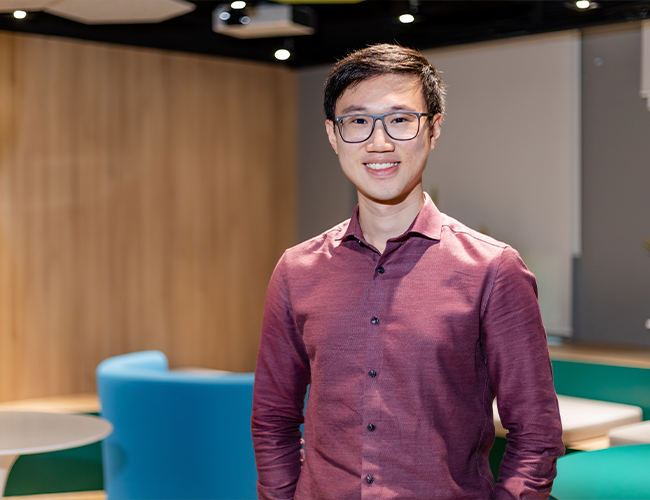
“Hard and soft skills are all important items we can bring to the table, but soft skills such as empathy, time management and emotional intelligence are much harder to be accurately assessed through a resume or job interview. Education institutions can perhaps provide more opportunities for students to foster collaboration and courses to build students’ self-awareness. However, I believe humility is a key trait we as youths must possess to maintain the right attitude for continued growth and personal improvement in life.”
- Foo Yong Xiang, MCI Information-Service (Translation) Mid-Term Scholar
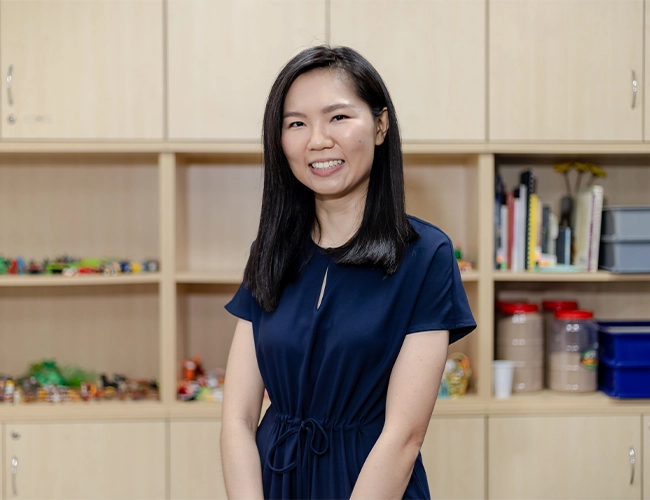
“Communication (verbal and non-verbal, written) and reflective skills stand out to me as important skills to hone. Applied learning, such as placements and attachments provide invaluable opportunities for honing the skills. To benefit from such applied learning, it is paramount to have well-trained and compassionate mentors or supervisors in facilitating the growth of these skills.”
- Tiang Shu Hui, Social Service Scholar
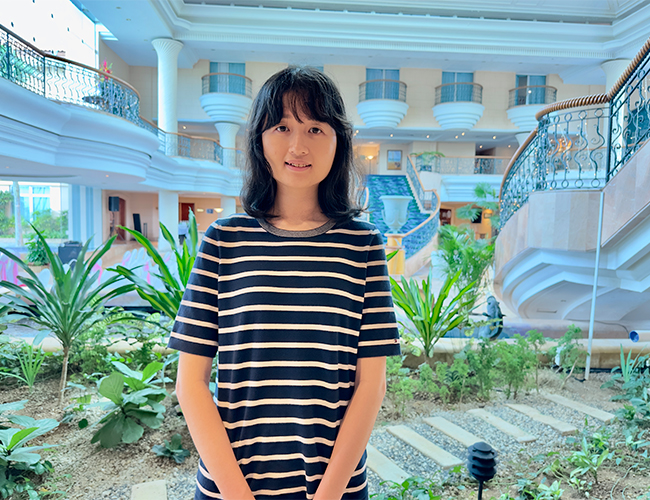
“Based on my internship and academic experiences, I would say that being willing and capable of learning new skills fast is an important asset for people joining the workforce. Job requirements are always changing, and skills can go obsolete really easily with the current pace of technology. Hence, it’s important to be able to adapt to changes in the working environment by identifying and learning skills that are in strong demand. In my opinion, one way for universities and education institutions to prepare students in this area could be to provide a range of industry engagement opportunities so that students can have the chance to interact with industry experts and learn about the skills and knowledge that companies are currently looking out for in their prospective employees.”
- Phianne Callista lo, SgIS Scholar

“It is no longer sufficient to just be good at one area. Rather, there’s a need to be open to new experiences and to learn from other disciplines. The ability to be flexible and amalgamate learnings from different contexts will allow us to have a broader perspective on how we perceive issues and find solutions. Having strong communication and negotiation skills is also important to navigate the complex web of stakeholders as well as finding a common understanding and support for programmes and policies.
“Being a good communicator can help to bridge understanding and find a middle ground. There is also self-work that needs to be done. Knowing ourselves and what shapes our worldview, will impact how we see others and how others see us – which brings me back to the importance of having a good sense of self. Self-work also requires vulnerability and being vulnerable often requires a safe place for learning and growth. The ability to build such safe spaces for self and others is also an important skill for the workforce.”
- Zhang Keyan, MSF-SGS Scholar
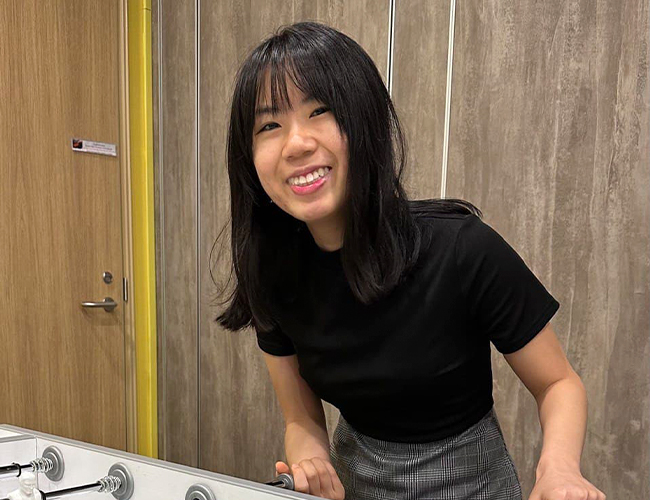
“I think that it is important for young people to be open-minded and adaptive as technology is constantly evolving and what we know today might be obsolete in the next two to three years. Thus, it is integral to always be ready to learn new skills, and even unlearn what you know so that you can stay relevant. It is also important to learn how to work effectively in a team. As the famous saying goes, “The whole is greater than the sum of its parts”. In today’s world, work is usually complex and requires the combined efforts and wisdom of people in a group.”
“Universities can help young people gain exposure to a wide range of topics. So, be passionate about your chosen course, have an open mind, manage your time well, and learn to work in teams. The learning is in the classroom and beyond.”
- Elrina Ang, CSIT Undergraduate Scholar


